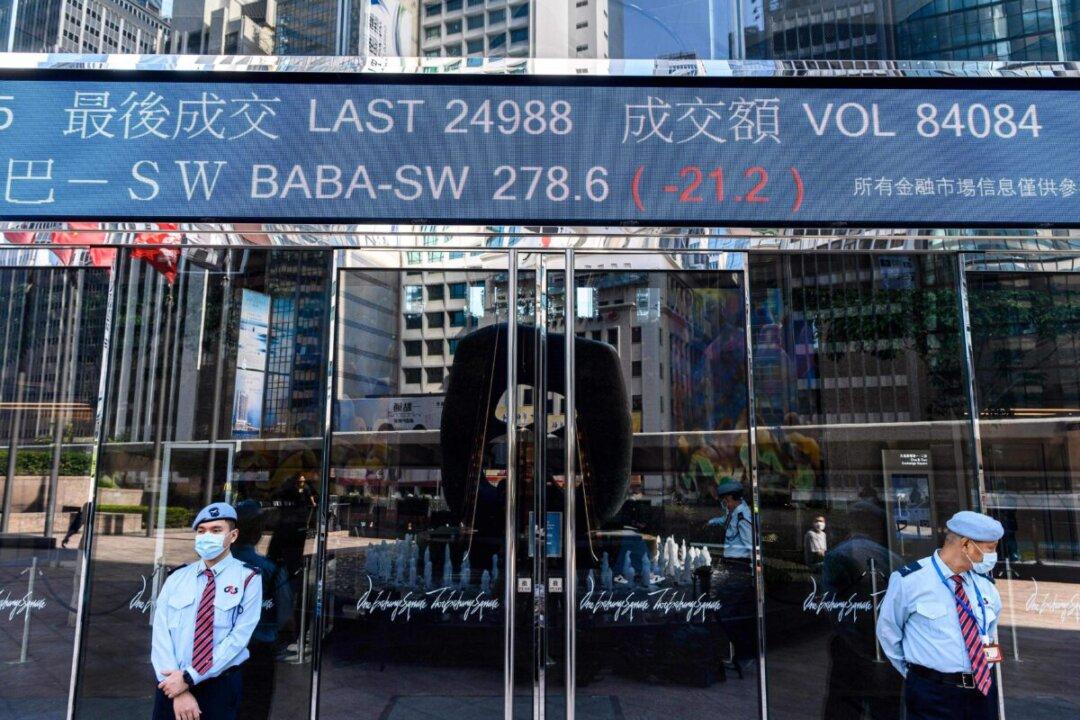Foreign capital started flowing out of China on a large scale in March. While foreign investors scrambled to sell out Chinese stocks and bonds, state-owned capital has been infilling the market in a bid to maintain its stability and stave off a possible financial crisis.
The retreat of foreign capital affected the Chinese stock market, with all three major stock indices in the A-share market falling by more than 11 percent in the first half of March. The Shenzhen Stock Exchange Composite Index fell the most, by 14.26 percent, state-backed financial media Jiemian reported on March 16.





